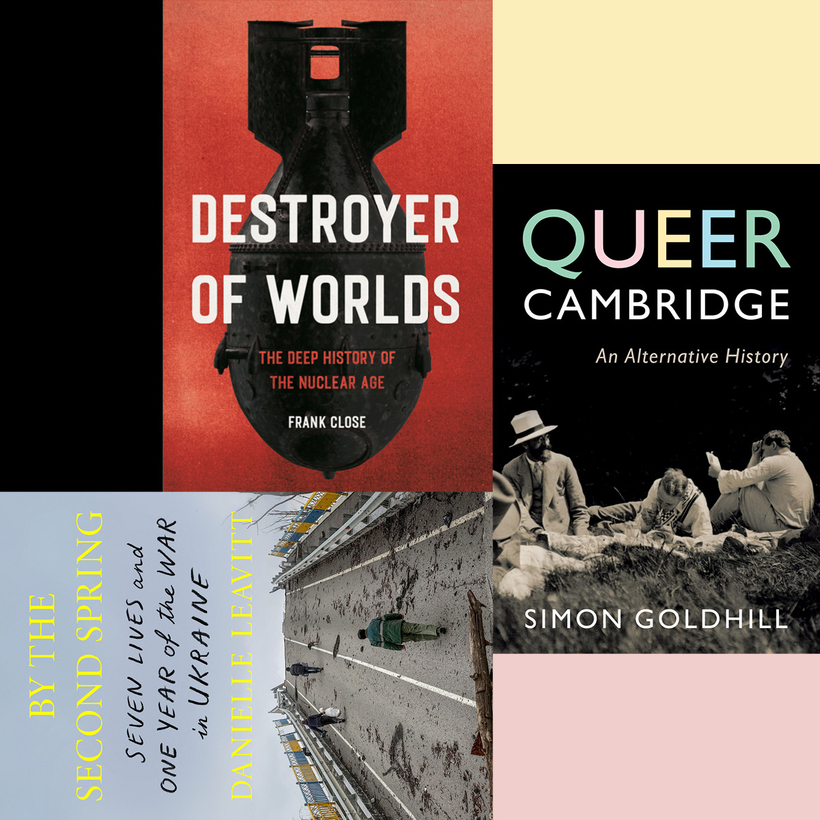The dawn of the nuclear age is not exactly an under-covered subject, even before Oppenheimer, the movie. What Frank Close has done is to write a brisk and freshly illuminating book that begins with the detection of a smudge on a photographic plate in 1896 (the first clue of nuclear energy) and proceeds within a few decades to the development of Tsar Bomba, the largest nuclear weapon ever detonated. Two thousand times more powerful than the bombs dropped over Japan in 1945, the Soviet device was tested in the fall of 1961 over an archipelago in the Arctic Ocean. Its architect was Andrei Sakharov, who was so appalled by what Nikita Khrushchev had ordered him to do that he fought for a nuclear-test-ban treaty, signed two years later. Close is a particle physicist who taught for decades at Oxford, and he tells his thrilling and frightening story with deep knowledge but without a trace of jargon. Highly recommended.
The word “homosexual” came into being in 1892, when it was translated from an esteemed German work on sexology, and as Simon Goldhill argues, the word gave men who enjoyed sex with other men an identity that defined them as a group within the framework of society. It is within this context that Goldhill focuses on successive groups of gay men in King’s College, Cambridge, a community who, over the decades, would include E. M. Forster, Rupert Brooke, and Alan Turing. King’s College gave them a haven, created lifelong friendships, and allowed for the creation and handing down of traditions that bound one generation to the next. Those who left King’s College entered a less hospitable world, and the hostile turn against homosexuality in the 1950s led to Turing’s being prosecuted for “gross indecency,” which ultimately led to his suicide. Goldhill, who is a fellow at King’s College, makes the persuasive case that the place was (and still is) uniquely suited for creating a safe space for queer people, a case he makes with a rich trove of letters, journals, and photos.
The war between Ukraine and Russia, alas, is easy for most of us to ignore by now, unless there is an audacious attack that captures our attention for a day or two. This is why Danielle Leavitt’s book is so important, for she focuses on seven people across Ukraine and details their everyday lives of courage and resistance. From a coffee-shop owner outside Kyiv to a villager who runs a pig farm, to a young female cadet, Leavitt shows the consequences of the illegal invasion and, along the way, eloquently and calmly bears witness to the West’s failure to stop Vladimir Putin.
Jim Kelly is the Books Editor at AIR MAIl. He can be reached at jkelly@airmail.news

